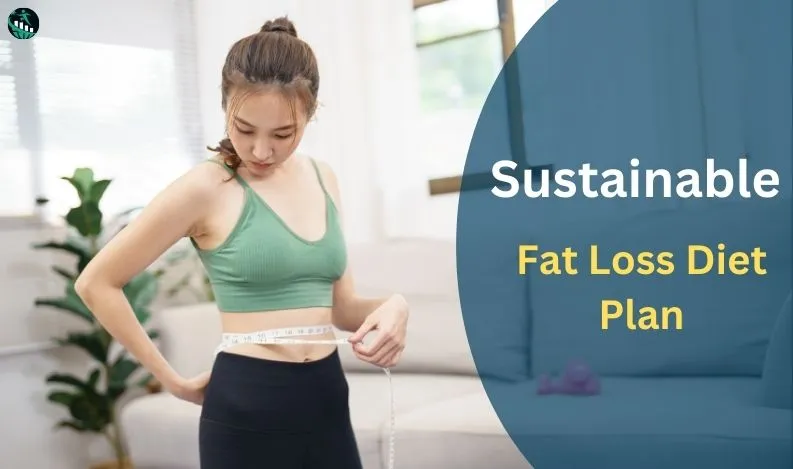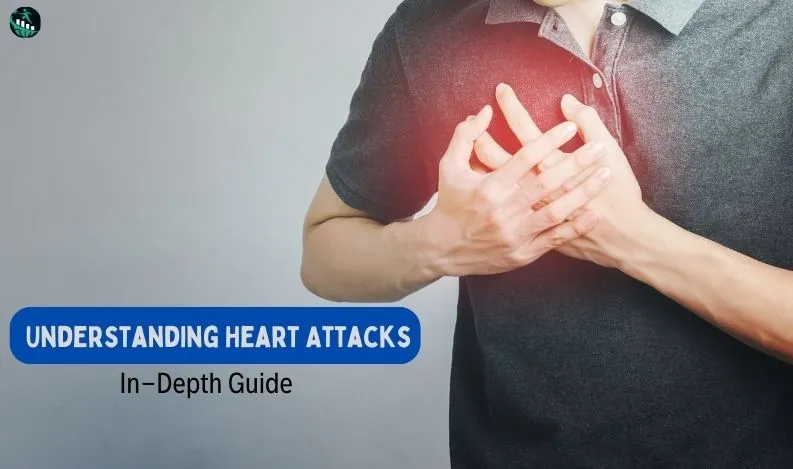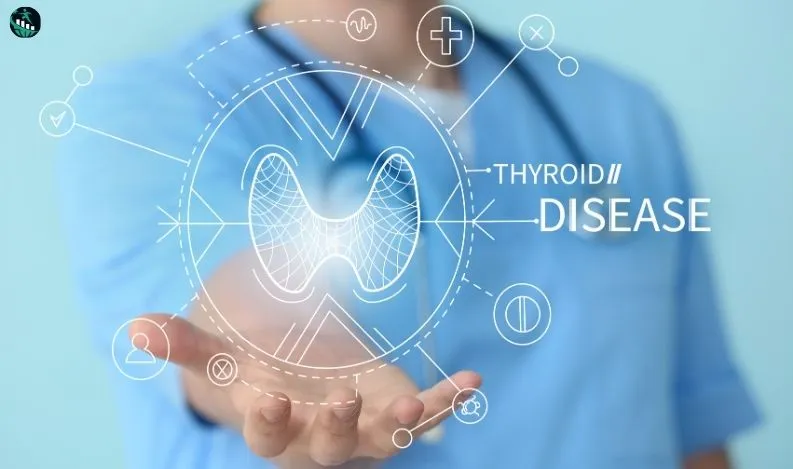
The Ultimate Guide to a Sustainable Fat Loss Diet Plan
Introduction: Embarking on a Healthier Path
Welcome to your first step towards a healthier, leaner you. In this comprehensive guide, we'll navigate the complexities of fat loss, debunking myths and laying out a sustainable path that not only leads to effective fat loss but also fosters a healthier relationship with food and your body.
Decoding Fat Loss: The Science Simplified
Understanding the Caloric Deficit
The foundation of any fat loss endeavor is creating a caloric deficit, a simple yet widely misunderstood concept. A caloric deficit occurs when you consume fewer calories than your body expends for its daily functions and activities. However, achieving and maintaining a caloric deficit involves more than just counting calories; it requires an understanding of your body's unique metabolic needs and the nutritional value of your food.
Metabolism Unveiled
Metabolism, the biochemical process by which our bodies convert food into energy, is a key player in the fat loss equation. Various factors, including age, gender, muscle mass, and genetic predispositions, influence metabolic rate. This section will delve into how you can optimize your metabolism through diet, exercise, and lifestyle choices, debunking common myths and highlighting strategies for metabolic efficiency.
The Art of Losing Fat, Not Just Weight
Weight loss and fat loss are often used interchangeably, but they are not the same. True fat loss involves reducing body fat while preserving, or even increasing, lean muscle mass. This distinction is crucial for long-term health and aesthetic goals. We'll explore the importance of body composition over the number on the scale and provide tips for focusing on fat loss while maintaining muscle.
Nutritional Cornerstones of Fat Loss
Macronutrient Mastery
● Proteins: Your Muscle's Ally: Proteins are vital for building and repairing tissues, including muscle, which is crucial for a healthy metabolism. We'll discuss the best protein sources and how to incorporate them into your meals for muscle maintenance and growth.
● Carbohydrates: The Misunderstood Energy Source: Carbohydrates are often vilified in the context of weight loss, but they are essential for energy and brain function. This section will differentiate between simple and complex carbohydrates, emphasizing the role of fiber-rich sources for long-term health and satiety.
● Fats: The Good, the Bad, and the Essential: Healthy fats are essential for hormonal balance, nutrient absorption, and overall health. We'll break down the different types of fats, focusing on how to include more omega-3s and monounsaturated fats in your diet.
Micronutrients and Hydration: The Unsung Heroes
Micronutrients, though required in smaller quantities than macronutrients, are vital for energy production, immune function, bone health, and more. This section will highlight key vitamins and minerals essential for optimal metabolic function and overall well-being. Additionally, we'll discuss the critical role of hydration in fat loss, metabolism, and appetite regulation, providing practical tips for staying adequately hydrated.
Practical Fat Loss Strategies
Whole Foods: Back to Basics
A diet centered around whole, minimally processed foods is not only more nutritious but also more satisfying. We'll explore the benefits of a whole-foods-based diet, including improved digestion, reduced inflammation, and better control over hunger and cravings. Practical advice on how to make whole foods the cornerstone of your diet will be provided, along with simple, delicious recipe ideas.
Portion Control and Meal Timing: Timing is Everything
Mastering portion control is a key skill in achieving and maintaining a caloric deficit without feeling deprived. This section will offer strategies for understanding and managing portion sizes, using tools like hand measurements and visual cues. We'll also delve into the concept of meal timing, examining how aligning your food intake with your body's natural rhythms and activity levels can optimize energy and fat loss.
Crafting a Balanced Plate: A Visual Guide to Healthy Eating
Creating a balanced meal that includes a variety of food groups is essential for providing your body with a broad spectrum of nutrients. We'll introduce the concept of the "balanced plate," a simple yet effective way to assemble meals that support fat loss and nutritional needs. Tips on how to apply this concept to every meal, including examples and meal ideas, will be provided to make healthy eating intuitive and enjoyable.
The Diet Plan: A Week of Sustainable Fat Loss
This section will present a detailed, seven-day diet plan designed to kickstart your fat loss journey. Each day's menu will be crafted to balance macronutrients and micronutrients, ensuring you enjoy delicious, satisfying meals that support your goals. From energizing breakfasts to nourishing dinners, this plan will demonstrate how to put the principles of healthy, sustainable fat loss into practice.
The Diet Plan: A Week of Sustainable Fat Loss
This section presents a detailed, seven-day diet plan designed to kickstart your fat loss journey. Each day's menu is crafted to balance macronutrients and micronutrients, ensuring you enjoy delicious, satisfying meals that support your goals. From energizing breakfasts to nourishing dinners, this plan demonstrates how to put the principles of healthy, sustainable fat loss into practice.
Day 1: Balanced Beginnings
● Breakfast: Omelet with spinach, tomatoes, and feta cheese; whole-grain toast; green tea.
● Lunch: Quinoa salad with grilled chicken, mixed greens, cucumbers, red peppers, and a lemon-tahini dressing.
● Dinner: Baked salmon with a side of roasted sweet potatoes and steamed broccoli.
● Snacks: A handful of almonds; Greek yogurt with mixed berries.
Day 2: Energy-Boosting Eats
● Breakfast: Smoothie with spinach, banana, mixed berries, flaxseed, and almond milk.
● Lunch: Turkey and avocado wrap with whole-grain tortilla; side salad with vinaigrette.
● Dinner: Stir-fried tofu with a mix of bell peppers, broccoli, and snap peas over brown rice.
● Snacks: Carrot sticks with hummus; a small apple with peanut butter.
The Mental Game: Winning the Psychological Battle
Fat loss is as much a mental challenge as a physical one. This section will address the psychological aspects of dieting, including motivation, goal setting, and coping strategies for cravings and emotional eating. We'll offer advice on developing a healthy mindset, staying motivated through plateaus, and cultivating a positive body image.
Common Pitfalls and How to Avoid Them
Even with the best intentions, there are common traps many fall into on their fat loss journey. This section will identify these pitfalls, such as extreme dieting, neglecting sleep, and succumbing to stress eating, and provide strategies for avoiding them. By being aware of these potential obstacles, you can navigate your fat loss journey more smoothly.
Conclusion: Your Sustainable Path Forward
As we conclude this comprehensive guide, we'll reflect on the key principles of sustainable fat loss and the importance of a holistic approach that encompasses diet, exercise, and mental well-being. We'll encourage you to view this journey not as a short-term diet but as a lifelong commitment to healthier living.
Your Next Steps: Making It Personal
Fat loss is a deeply personal journey, and what works for one person may not work for another. We'll encourage you to take the knowledge and strategies from this guide and tailor them to fit your unique lifestyle, preferences, and nutritional needs. For those seeking more personalized guidance, consulting with a healthcare professional or a registered dietitian can provide customized advice and support.
Also Read:-








Recent Comments: